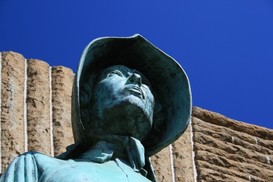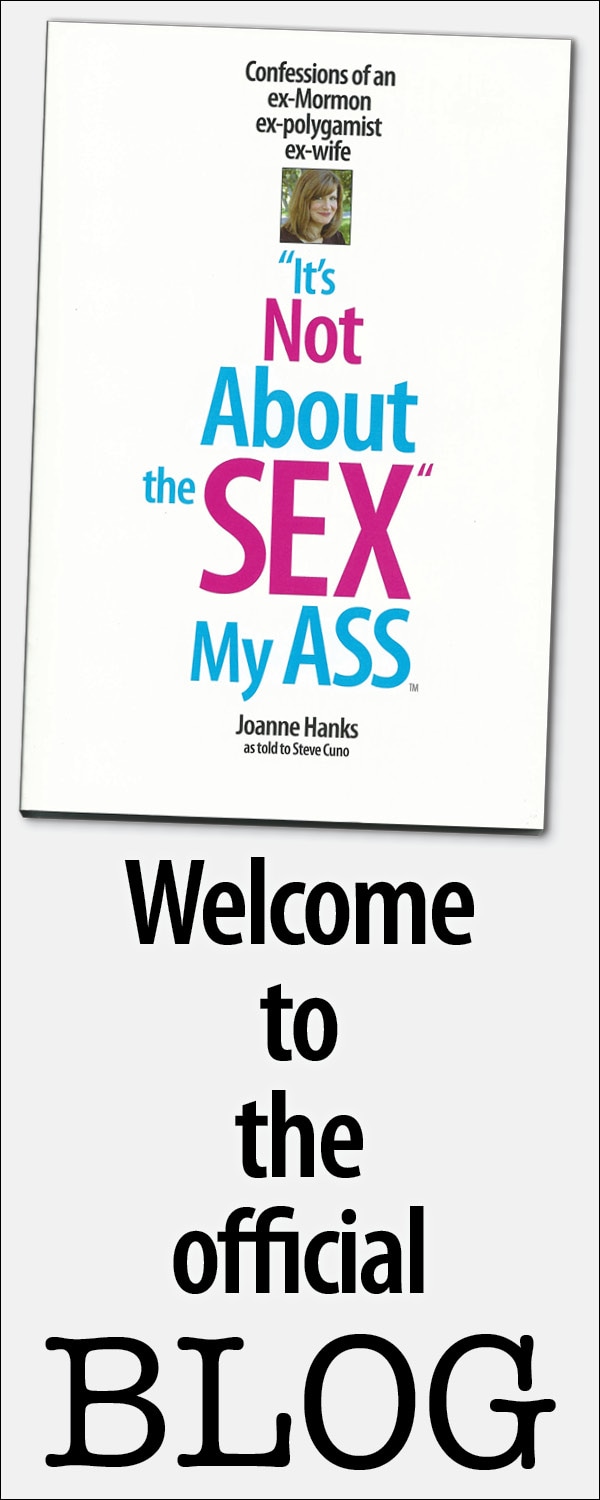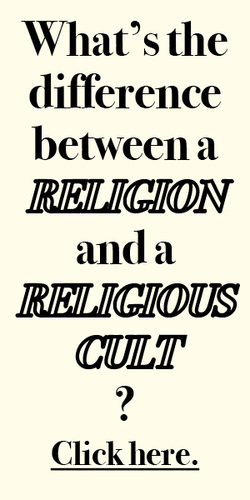When the Internet no longer
lets you get away with
“Those are anti-Mormon lies”
| A new Salt Lake Tribune article by Peggy Fletcher Stack bears the generous title, “New Mormon mission: How to teach members the messy part of LDS history, theology.” It is generous in that the Mormon Church had until recently dealt with its unsavory history with denials the likes of, “These are lies spread by anti-Mormons.” A reminder that good Mormons shouldn’t be reading that stuff often accompanied the denials. |
|
The church is trying to recover. Tactics range from pretending never to have officially denied anything; to claiming never to have hidden but merely not to have emphasized certain information; to pathetic arguments put forth by the likes of Terryl Givens, with the church’s support, arguing that so long as the church makes you feel warm, fuzzy, and closer to its purported god, it doesn’t matter that its material claims aren’t factual. For some reason, people like Givens seem to prefer more cumbersome phrases, like “its material claims aren’t factual,” to shorter ones, like “it lied.”
Another tactic has been to attempt to own the issues and spin them in the church’s favor by unofficially endorsing Richard Bushman’s supposed tell-all, embarrassingly apologetic biography, Joseph Smith: Rough Stone Rolling, and by releasing essays dealing with issues from polygamy to racism. This the church touts as a new era of transparency. Never mind that “new era of transparency” implies a prior era of secrecy.
Moreover, it’s one thing to come clean of your own accord. Coming clean when you’re cornered isn’t integrity. It is damage control.
Asked if church leaders were aware that googling the church’s history was leading members to leave “in droves,” Marlin K. Jensen, emeritus member of the First Quorum of the Seventy and former Church Historian and Recorder said, “We are aware. … I often get this question, ‘Do the brethren really know?’ They do. … And they realize that, maybe, since Kirtland, we’ve never had a period of—I’ll call it apostasy—like we’re having right now, largely over these issues.” One wonders if his wrists were later slapped for letting that bit of candor slip.
Not coincidentally, church growth in countries with ready access to the Internet has slowed to a crawl.
Droves aside, the vast majority of Mormons remain. Many are wholly and happily unaware of the issues that have come to light, and not a few wouldn’t leave if they were aware. Many deny that there is any truth to damning events in the church’s history, including those the church has verified. Such is the power of cultism, tradition, and comfort.






 RSS Feed
RSS Feed